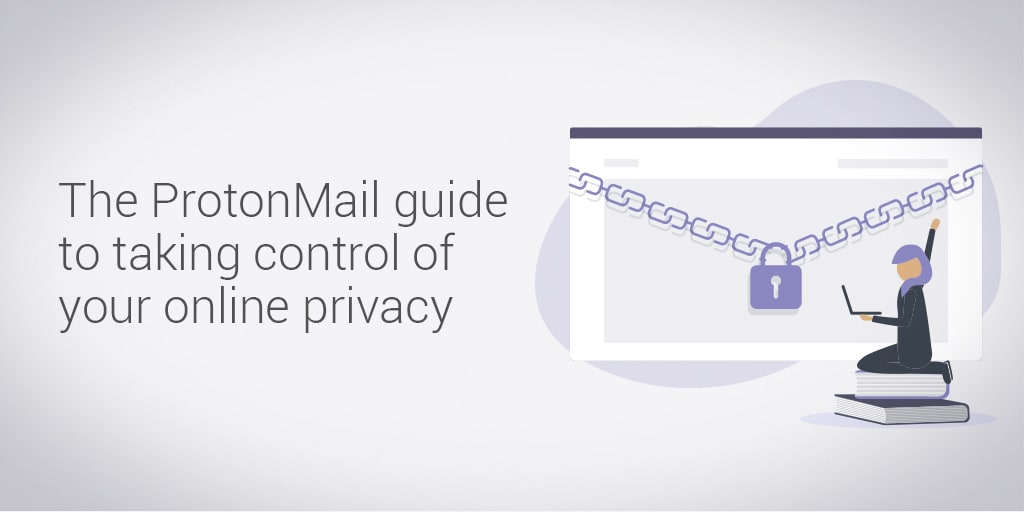Privacy basics

- Privacy basics
Biometric authentication is a growing part of the tech landscape — it’s in our
schools, offices, airports, government buildings, and more recently, in our
smartphones. Apple’s introduction of Touch ID in 2013 has paved the way for
fingerprint-, face-

- Privacy basics
The smartphone is one of the most invasive devices ever invented. It’s easy to
forget that, of course, because we are so familiar with them, and they are so
useful. But while you might value your smartphone for the convenience it gives
you, tech comp

- Privacy basics
This post has been completely refreshed on November 28, 2022
Your web browser is your window into the online world. On desktop PCs and
laptops, it’s your primary means of accessing the world wide web and other
internet services.
Thanks to the popu

UPDATE Aug. 3, 2020: Cybersecurity experts discovered a new vulnerability that
allows access to the private encryption keys stored in old versions of Apple’s
Secure Enclave chips. The Secure Enclave chip is a security feature that
protects the privat

- Privacy basics
The Internet is full of information about what companies should do to keep
consumers’ personal data safe from hackers. And there’s plenty of advice for
consumers who have already been the victim of a data breach. (You can read our
article on the Prot

- Privacy basics
Learn what PGP encryption is, how it works, and the simplest way to secure your
emails with PGP.
When Edward Snowden secretly communicated his surveillance revelations to
journalists in 2013, he used PGP encryption. Over the years, thousands around

- Privacy basics
You probably already know some obvious password safety tips, like don’t use
“password” as your password. But did you know a password like “Ch@ll3ng3r%$” is
not much more secure?
Sure, it mixes upper- and lower-case letters, numbers and special char

- Privacy basics
For decades, information security experts have tried to get people to create
stronger passwords by requiring a minimum length (usually eight characters),
plus at least one capital letter, one number, and one special character (like @,
#, or !). This

- Privacy basics
- Privacy deep dives
IMPROVE YOUR ONLINE PRIVACY WITH THIS COMPREHENSIVE GUIDE, DEVELOPED BY THE
PROTON TEAM. HERE, WE’LL HELP YOU DETERMINE YOUR THREAT MODEL AND TAKE STEPS TO
ACHIEVE ONLINE PRIVACY THAT MEETS YOUR NEEDS.
Updated February 2024
Total internet privacy i

- Privacy basics
You’ve heard the one about the Nigerian prince and the lottery windfall (we just
need your bank account and social security number!). But email phishing scams
are getting more sophisticated and persuasive. While they come in a variety of
forms, the g

- Privacy basics
If your child is old enough to have a smartphone, then there’s a good chance you
didn’t even have access to the Internet when you were a kid. You never had to
think about online privacy growing up, and neither did your parents.
But today it’s impera


